What college football's past 20 years can teach us about America
How college football broke every tackle the last 2 decades

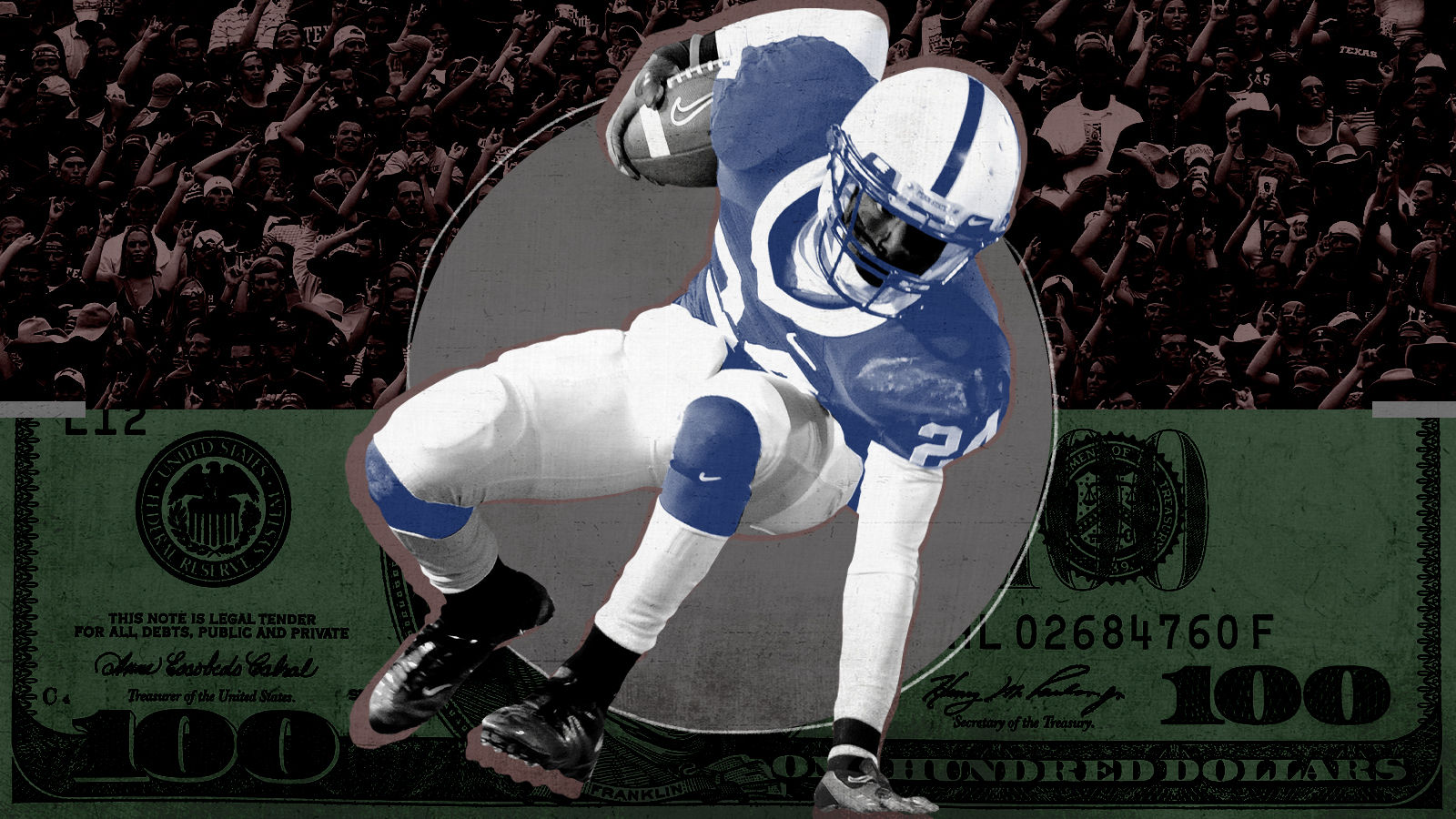
A free daily email with the biggest news stories of the day – and the best features from TheWeek.com
You are now subscribed
Your newsletter sign-up was successful
This article is part of The Week's 20th anniversary section, looking back at how the world has changed since our first issue was published in April 2001.
Twenty years ago, college football's honchos set out to fix a perceived unfairness in how the Bowl Championship Series chose the two teams to compete for the national championship each year.
Meeting in the summer of 2001, the officials tweaked the method that had only been in place since the BCS' creation in 1998 but that had generated howls of protest the year before when it selected Oklahoma and Florida State to play for the national championship over third-place Miami, a team that had beaten FSU during the regular season. The revised computer-ranking system added points for a team's win over other top-ranked squads while decreasing the value given to the margin of victory in games. Had the new formula been used the previous year, Miami, not Florida State, would have played for the national trophy.
The Week
Escape your echo chamber. Get the facts behind the news, plus analysis from multiple perspectives.

Sign up for The Week's Free Newsletters
From our morning news briefing to a weekly Good News Newsletter, get the best of The Week delivered directly to your inbox.
From our morning news briefing to a weekly Good News Newsletter, get the best of The Week delivered directly to your inbox.
Fixing college football entails far more than refining the way its championship game's competitors are chosen, of course. Still, the last two decade's arguments over, and adjustments to, how college football's title game is determined — a system now known as the College Football Playoff — provide a window into the larger challenges facing the sport. In the face of calls for reform, player protests, and a recent Supreme Court ruling, college football has only gotten bigger and richer, evading every tackle that would try to take it down.
Yet if the institution is thriving, its members may not all be. And as fans continue to watch and support a sport they know inflicts terrible and terrifying injuries on its players — not to mention a university system that continues to allow it — the collective ignorance that has turned a blind eye to the sport's dangers seems, especially in the context of our failed pandemic response, troublingly American.
Striving for objective neutrality (or at least the appearance of it), the Bowl Championship Series largely depended on computer rankings to determine its contestants. Yet like many human-made algorithms, the BCS system served to replicate college football's entrenched hierarchies rather than weaken them. Even more so, the College Football Playoff system, which replaced the BCS in 2014 and is made up of 13 committee members who select the four teams to play in the championship tournament, has perpetuated the elite conference's stranglehold on the path to the championship. It's telling that this year's University of Cincinnati Bearcats are the first non-power conference team to ever have a shot at the national championship title since the championship series arose more than two decades ago. Far from parity, the playoff system has, as a Sports Illustrated writer recently noted, "become an exclusive playground for Alabama, Clemson, and a few other powerhouses."
Expanding the playoff system to twelve teams from the current four slots, as has recently been hinted at, would only exacerbate these imbalances between the haves and have-nots of college athletics. An expanded playoff system could generate nearly a billion dollars a year, yet more windfall for the already-rich conferences whose teams regularly make the playoffs that the rest will lose out on. The result has been, as one observer put it, "nothing but [a] corporate welfare system for royals."
A free daily email with the biggest news stories of the day – and the best features from TheWeek.com
While the wealthy programs will only get wealthier from a bigger playoff tournament, it would also exact further costs on vulnerable players. "In times of economic strife," one sportswriter wrote earlier this year, "college athletics has always come up with ways to produce more revenue." For football, that has meant adding more games. In 2006, the NCAA extended the regular football schedule to 12 games, a move to pick up more television dollars. With the creation of the College Football Playoffs eight years later, the two teams that reach the championship match now endure a 15-game season. Should the playoff tournament be further expanded, the two final teams would meet in what would be each of their 17th games of the season.
Aside from all the time away from the classroom that this would entail for players, more games means even more opportunities for serious, life-threatening injuries. The last 20 years have witnessed a huge growth in understanding how football can cause significant traumatic brain injuries, including chronic traumatic encephalopathy. This neurodegenerative disease, which leads to memory loss, dementia, and even death, is caused by repeated blows to the head, a basic feature of playing football. Concern about CTE accelerated in 2002 when Mike Webster, a former college and NFL football player, died at the age of 50, his death later found to be caused by CTE. Fifteen years later, a 2017 study by Boston University scientists found evidence of CTE in 91 percent of the brains they examined from deceased former college football players.
Neither those results nor the larger medical consensus about football's links to CTE has prompted the NCAA to substantively change how college football is played, despite facing several wrongful death lawsuits from families of college players. Given that the NCAA itself was formed in 1906 to increase the safety of college football after almost 20 players died from injuries in one season, its relative inaction around CTE is a damning indictment of the institution.
Many college football fans have chosen to just not think about the mounting evidence that the game they love can cause CTE for its players. Such denial not only allows continued enthusiasm for college football but also shapes Americans' decisions to let their kids play the sport. In 2017, for example, The Wall Street Journal reported that in football-crazy Alabama, the participation rate in high school football had increased by an astounding 40 percent in the previous 10 years, the very same period in which scientists definitively established the football-CTE connection.
Parents in Alabama and elsewhere have said that when it comes to letting their kids play football, the rewards outweigh the risks, a confounding logic all-too-frighteningly familiar in our COVID moment. With a surging Omicron variant sweeping the nation, the College Football Playoff Management Committee recently released a new policy for this year's championship series should the virus force some teams to withdraw.
That's good leadership in the midst of a pressing crisis. The open question is whether college football can show similarly sound judgment when it comes to the other real challenges the last two decades have so plainly revealed.
Neil J. Young is a historian and the author of We Gather Together: The Religious Right and the Problem of Interfaith Politics. He writes frequently on American politics, culture, and religion for publications including The New York Times, The Atlantic, the Los Angeles Times, HuffPost, Vox, and Politico. He co-hosts the history podcast Past Present.
-
 House votes to end Trump’s Canada tariffs
House votes to end Trump’s Canada tariffsSpeed Read Six Republicans joined with Democrats to repeal the president’s tariffs
-
 Bondi, Democrats clash over Epstein in hearing
Bondi, Democrats clash over Epstein in hearingSpeed Read Attorney General Pam Bondi ignored survivors of convicted sex offender Jeffrey Epstein and demanded that Democrats apologize to Trump
-
 Are Big Tech firms the new tobacco companies?
Are Big Tech firms the new tobacco companies?Today’s Big Question Trial will determine if Meta, YouTube designed addictive products
-
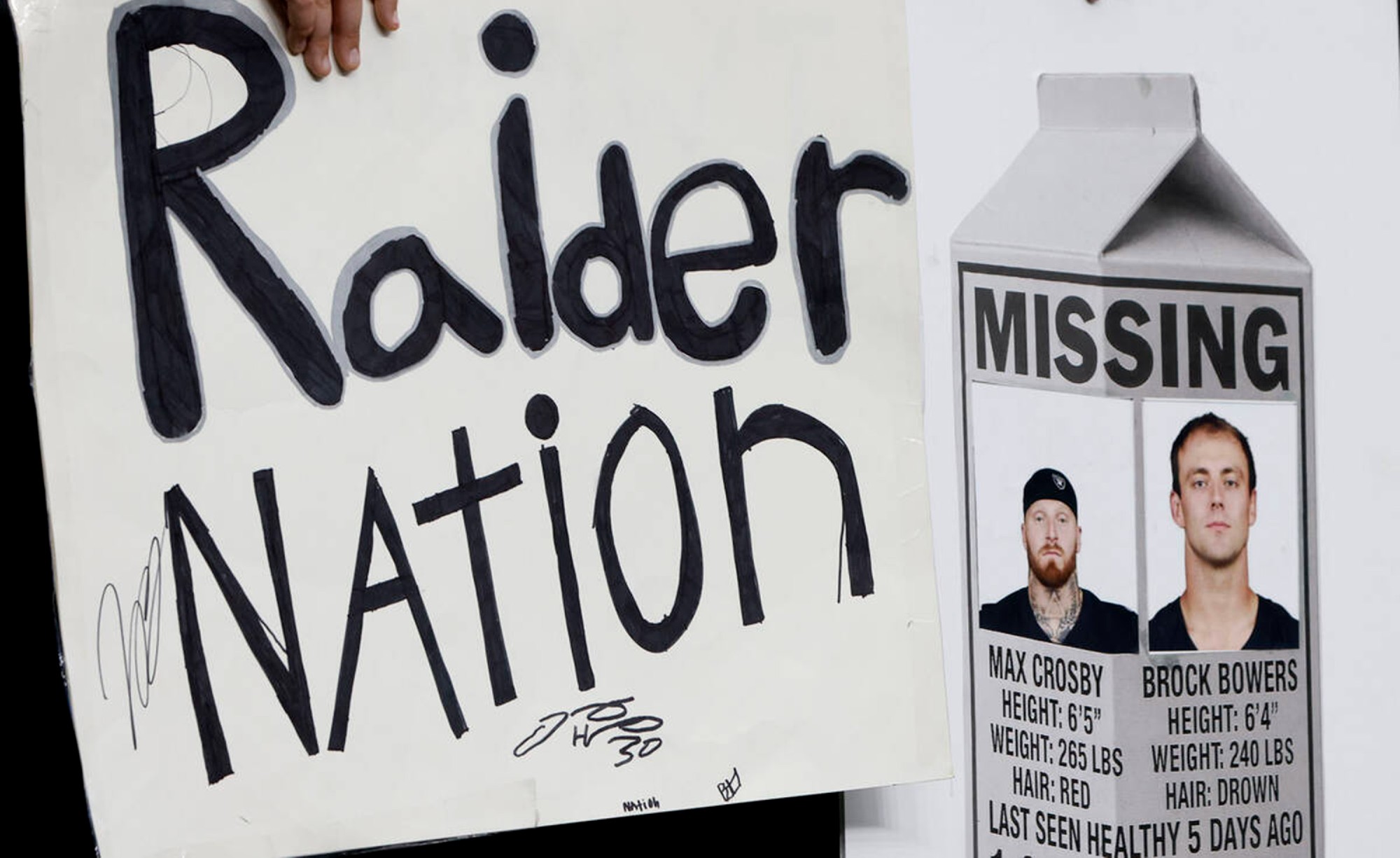 Is tanking ruining sports?
Is tanking ruining sports?Today's Big Question The NBA and the NFL want teams to compete to win. What happens if they decide not to?
-
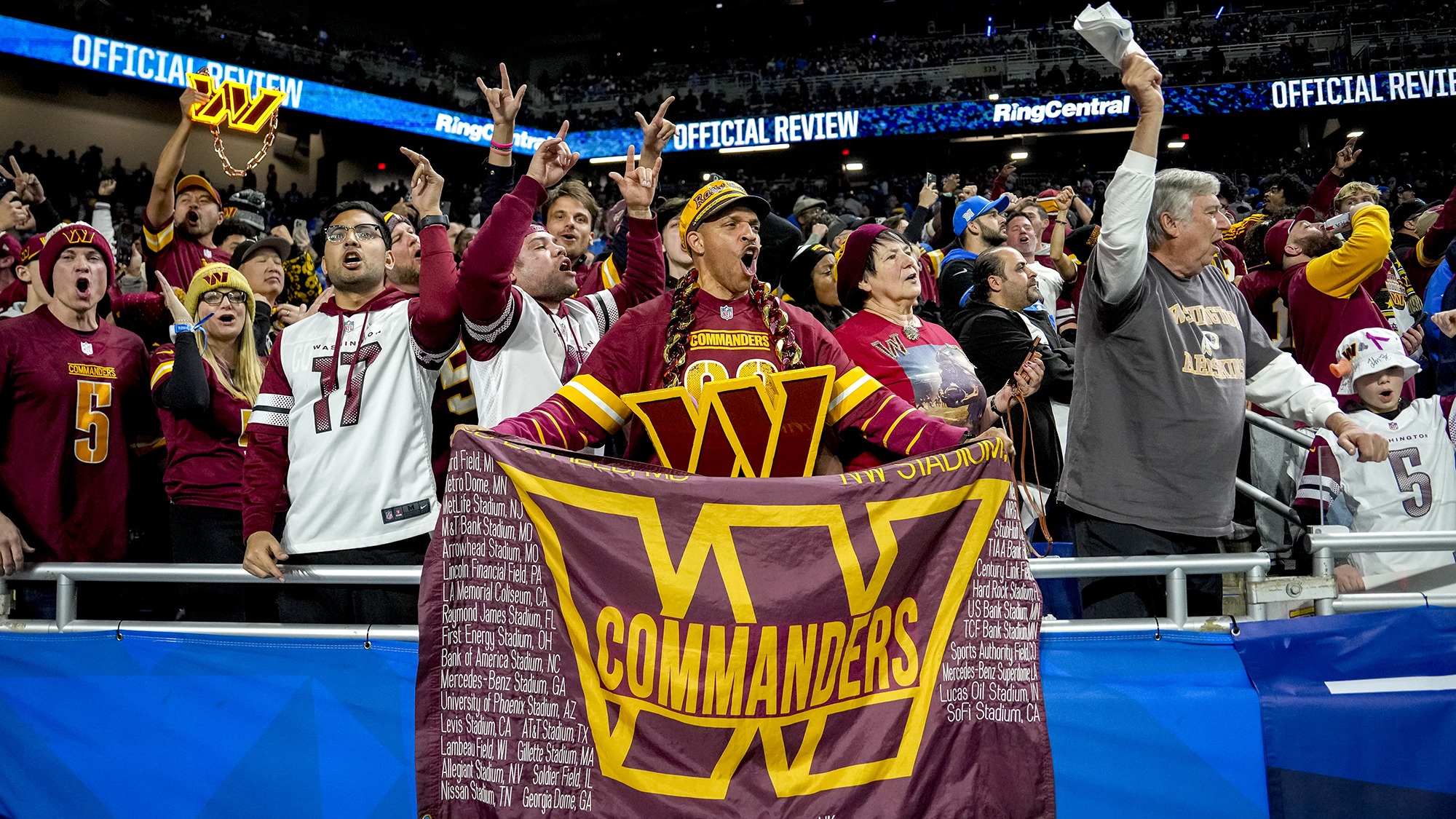 Trump orders NFL team to change name, or else
Trump orders NFL team to change name, or elseSpeed Read The president wants the Washington Commanders to change its name back to the 'Redskins'
-
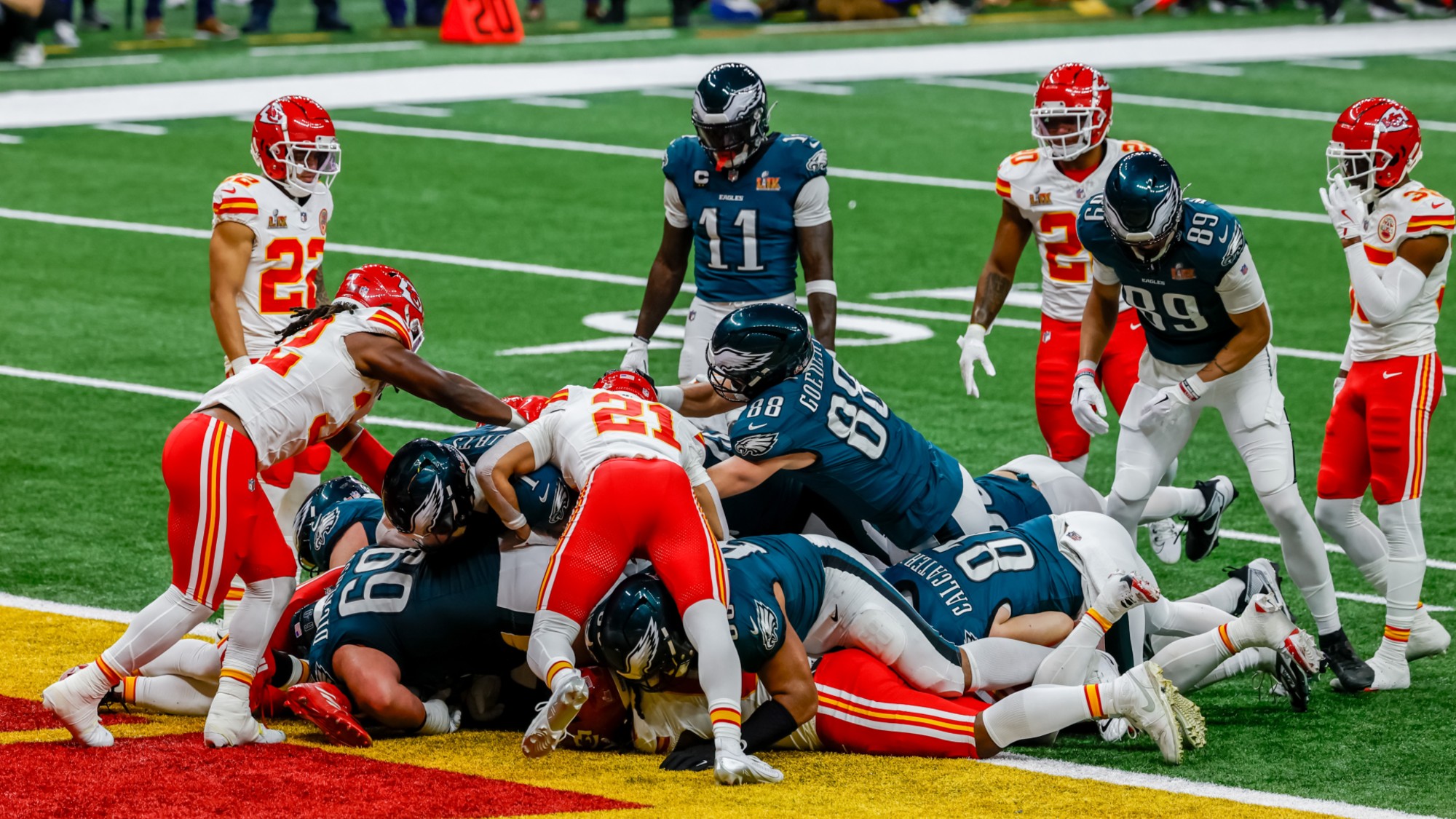 Why is the NFL considering banning the 'tush push' play?
Why is the NFL considering banning the 'tush push' play?Today's Big Question The play is widely used by the Philadelphia Eagles, to other teams' chagrin
-
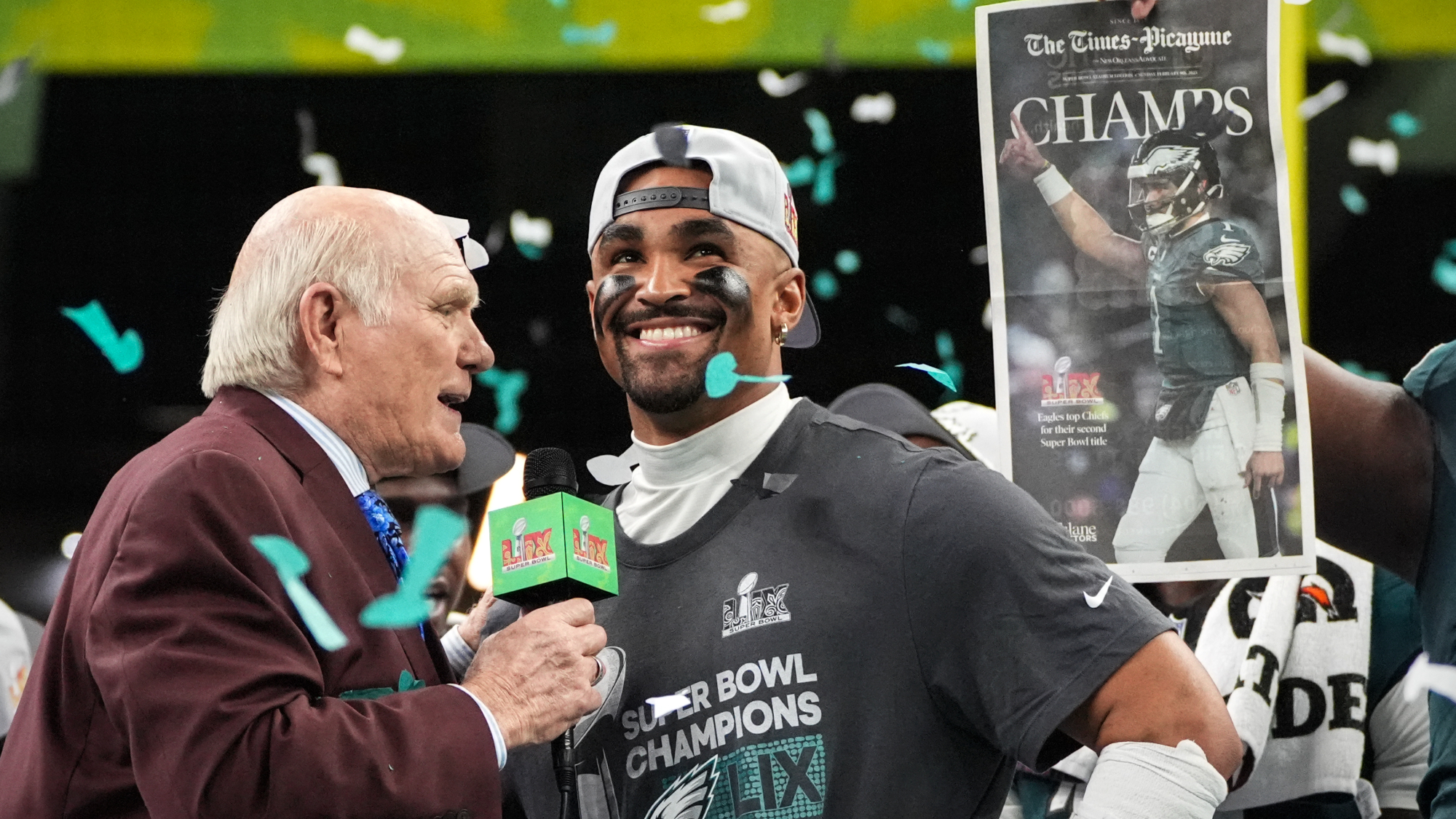 Eagles trounce Chiefs in Super Bowl LIX
Eagles trounce Chiefs in Super Bowl LIXspeed read The Philadelphia Eagles beat the Kansas City Chiefs 40-22
-
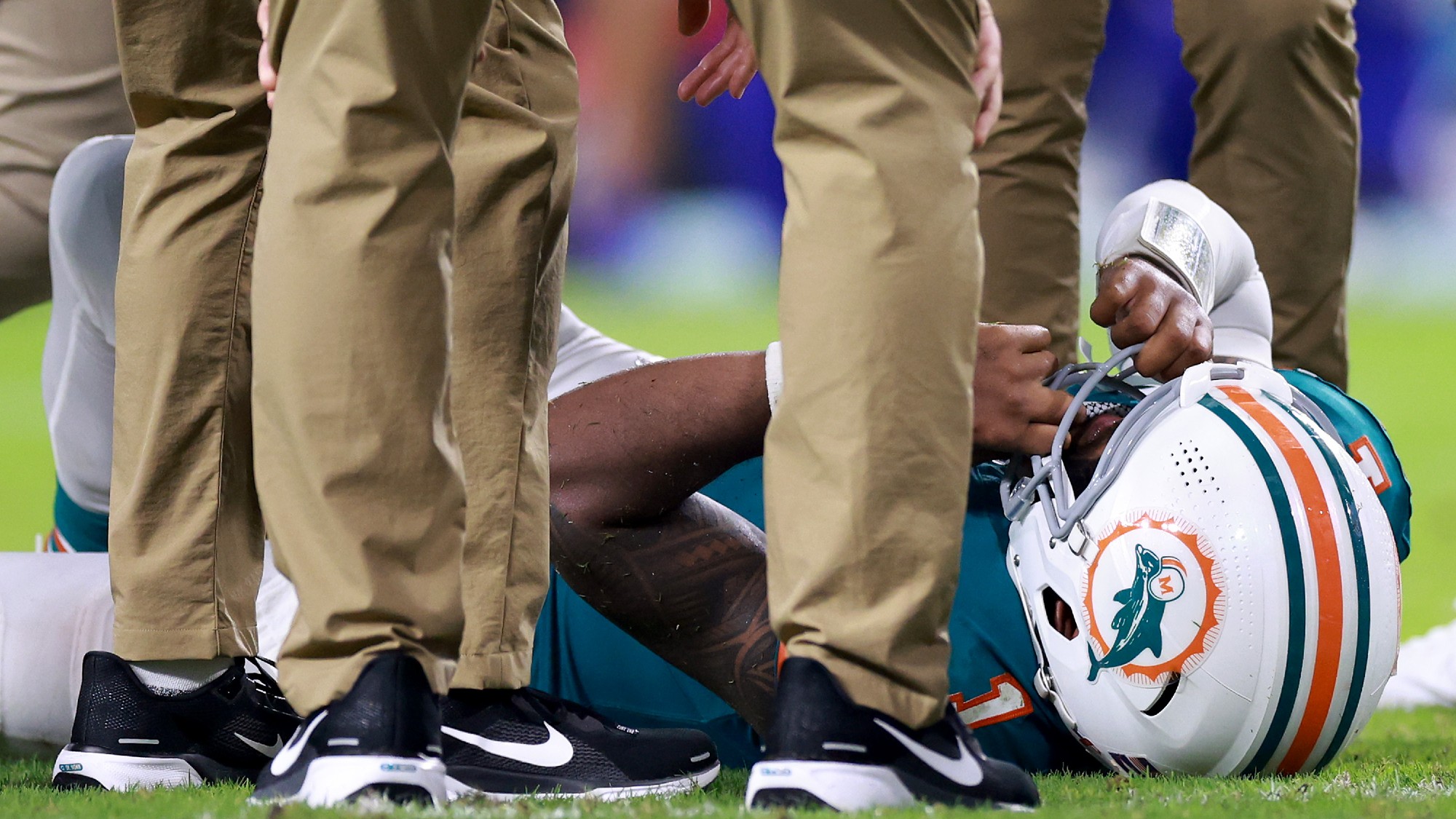 After Tua injury, can NFL make progress on concussions?
After Tua injury, can NFL make progress on concussions?Today's Big Question Dolphins QB faces calls to retire
-
 Cop benched after NFL star handcuffed in traffic stop
Cop benched after NFL star handcuffed in traffic stopSpeed Read A Miami-Dade police officer detained Dolphins star Tyreek Hill before the game
-
 The economics of taxpayer-subsidized stadiums
The economics of taxpayer-subsidized stadiumsIn Depth Shiny new stadiums can end up costing taxpayers billions
-
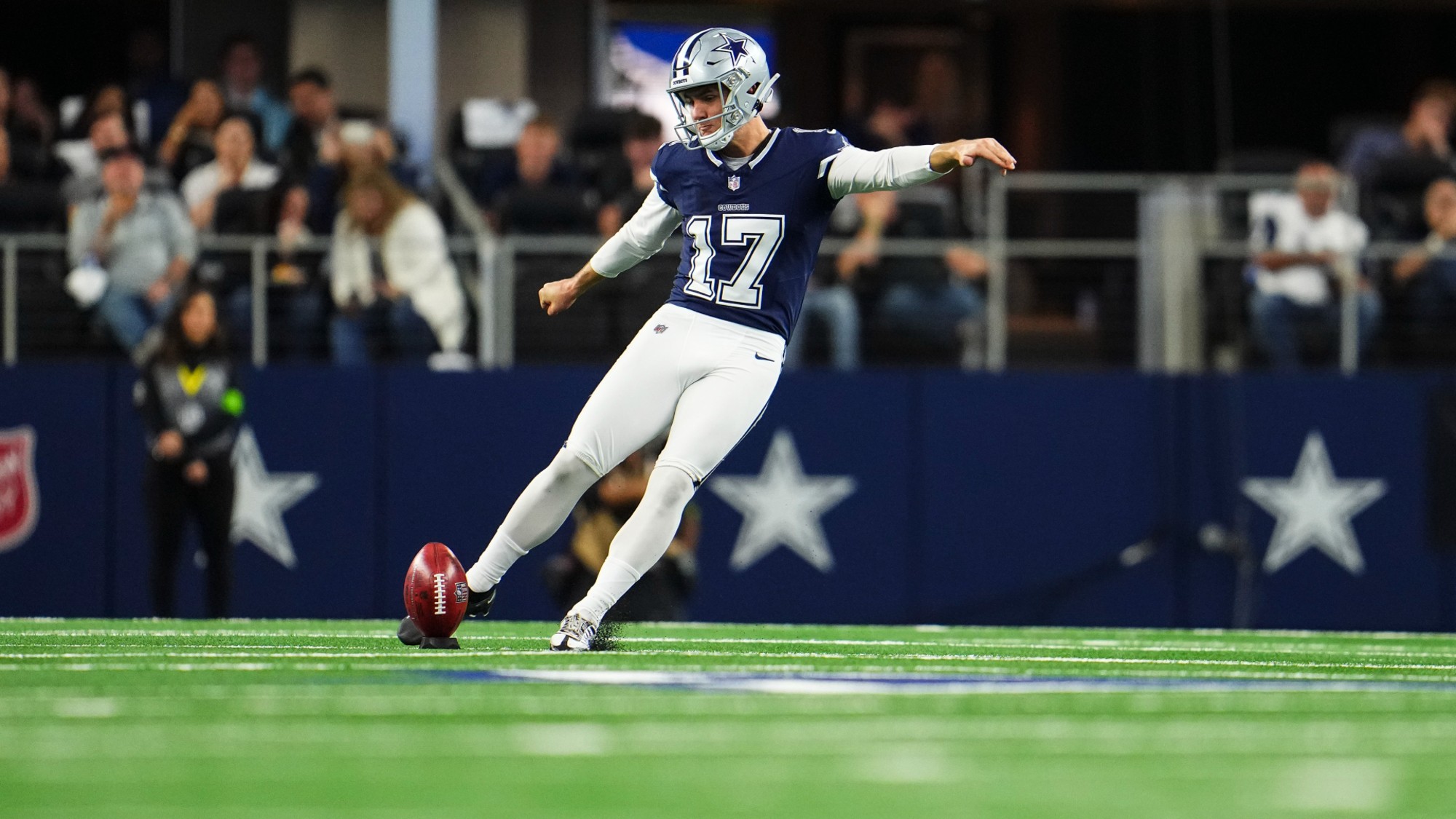 How the NFL's new kickoff rules could change football
How the NFL's new kickoff rules could change footballUnder the Radar The play will resemble the kickoff structure seen in the much-smaller XFL
